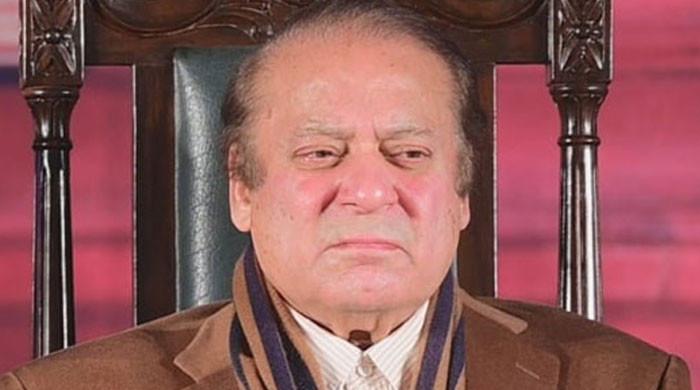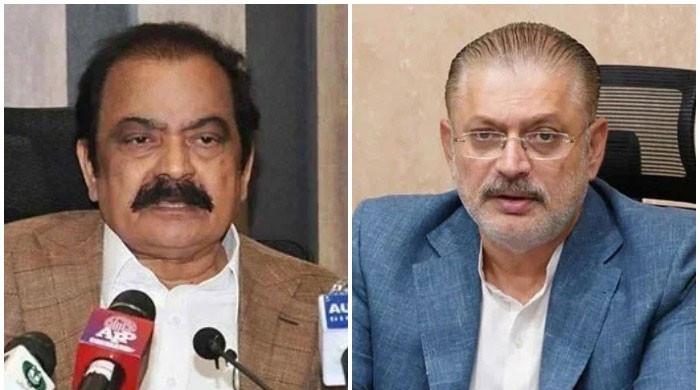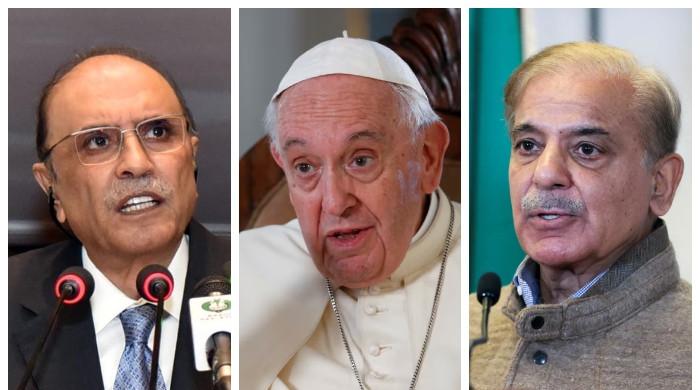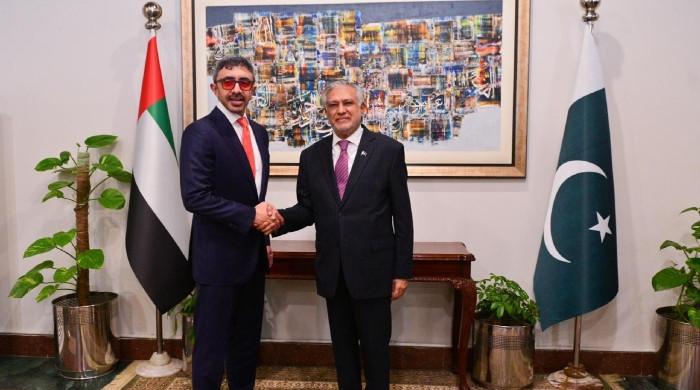PM Imran Khan asks Facebook CEO Mark Zuckerberg to ban Islamophobic content on platform
"Marginalisation inevitably leads to extremism – something the world does not need," PM tells Facebook chief
October 25, 2020
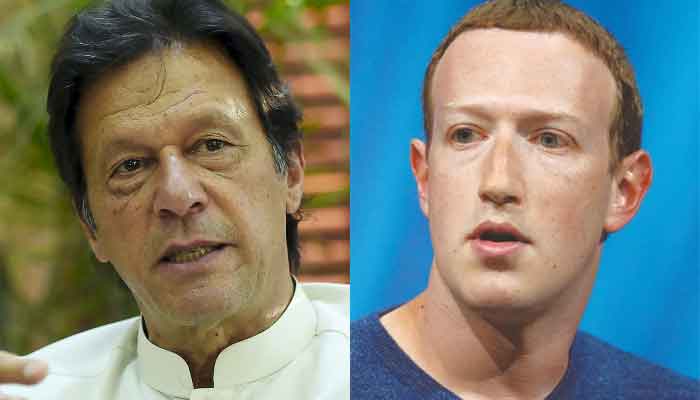
Prime Minister Imran Khan on Sunday wrote to Facebook CEO Mark Zuckerberg, asking for a ban on Islamophobic content on the social media platform.
In the letter, PM Imran Khan asked that a ban be placed on Islamophobia and hate against Islam similar to that in place for the Holocaust.
“I am writing to draw your attention to the growing Islamophobia that is encouraging hate, extremism and violence across the world and especially through the use of social media platforms including Facebook," the letter began by saying.
Read more: Pakistan condemns 'systematic Islamophobic campaign' after resurgence of blasphemous caricatures
The prime minister then said he appreciates Zuckerberg's step to "rightly ban any posting that criticises or questions the Holocaust, which was the culmination of the Nazi pogrom of the Jews in Germany and across Europe".
He said the world today is witnessing a similar pogrom against Muslims.
"Unfortunately, in some states, Muslims are being denied their citizenship rights and their democratic personal choices from dress to worship," read the letter.
"In India, anti-Muslim laws and measures such as CAA and NRC as well as targeted killings of Muslims and blaming Muslims for coronavirus are reflective of the abominable phenomenon of Islamophobia," it added.
PM Imran Khan went on to state that in France, Islam has been wrongly associated with terrorism and unfortunately, publication of blasphemous cartoons targeting Islam and the Holy Prophet (PBUH) has been allowed.
Read more: Erdogan says French president Macron ‘needs mental treatment’ for anti-Muslim attitude
"This will lead to further polarisation and marginalisation of Muslims in France. How will the French distinguish between radical extremist Muslim citizens and the mainstream Muslim citizenry of Islam?" he asked, in the letter.
The prime minister reminded the Facebook CEO how "marginalisation inevitably leads to extremism – something the world does not need".
"Given the rampant abuse and vilification of Muslims on social media platforms, I would ask you to place a similar ban on Islamophobia and hate against Islam for Facebook that you have put in place for the Holocaust," he wrote.
He called on Zuckerberg to realise that the message of hate "must be banned in total".
"One cannot send a message that while hate messages against some are unacceptable, these are acceptable against others," the letter underscored.
It highlighted that neither should the world wait for a pogrom against Muslims, which is ongoing in India and India-occupied Kashmir, before a ban against Islamophobia is placed.
"This in itself is reflective of prejudice and bias that will encourage further radicalisation," the letter concluded by saying.
PM slams French President
The letter follows a series of tweets by PM Imran Khan in which he slammed French President Emmanuel Macron over his anti-Muslim attitude, criticising him for hurting the sentiments of millions of Muslims around the world.
The French president is being criticised with protests breaking out in several cities across the world after he accused Muslims of separatism and vowed not to give up cartoons depicting the Holy Prophet Muhammad (PBUH).
His comments came in response to the beheading of a teacher, Samuel Paty, a 47-year-old teacher, who was attacked on his way home from the junior high school where he taught in Conflans-Sainte-Honorine, 40 kilometres northwest of Paris.
The teacher had shown cartoons disrespecting Holy Prophet Muhammad (PBUH), according to media reports.
Earlier, on Saturday, the prime minister, while presenting examples of the iconic leader Nelson Mandela, said that this is a time when President Macron could have put the healing touch and denied space to extremists rather than "creating further polarisation and marginalisation that inevitably leads to radicalisation".




